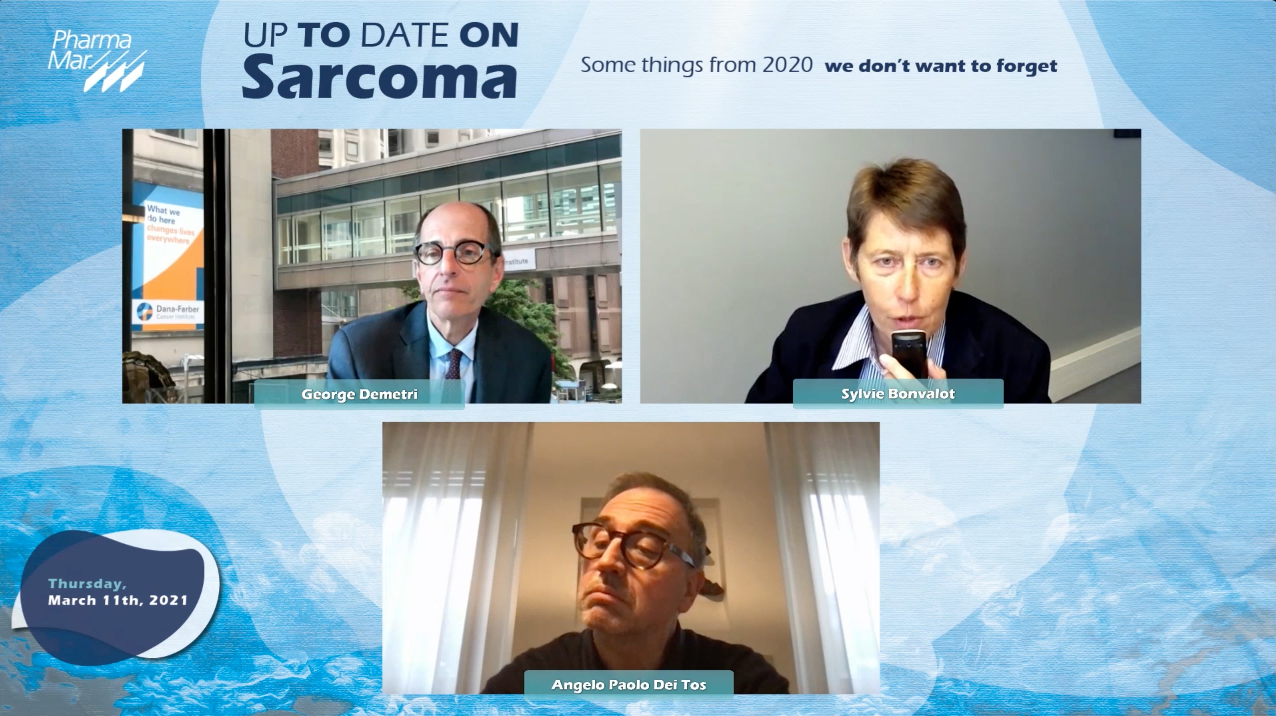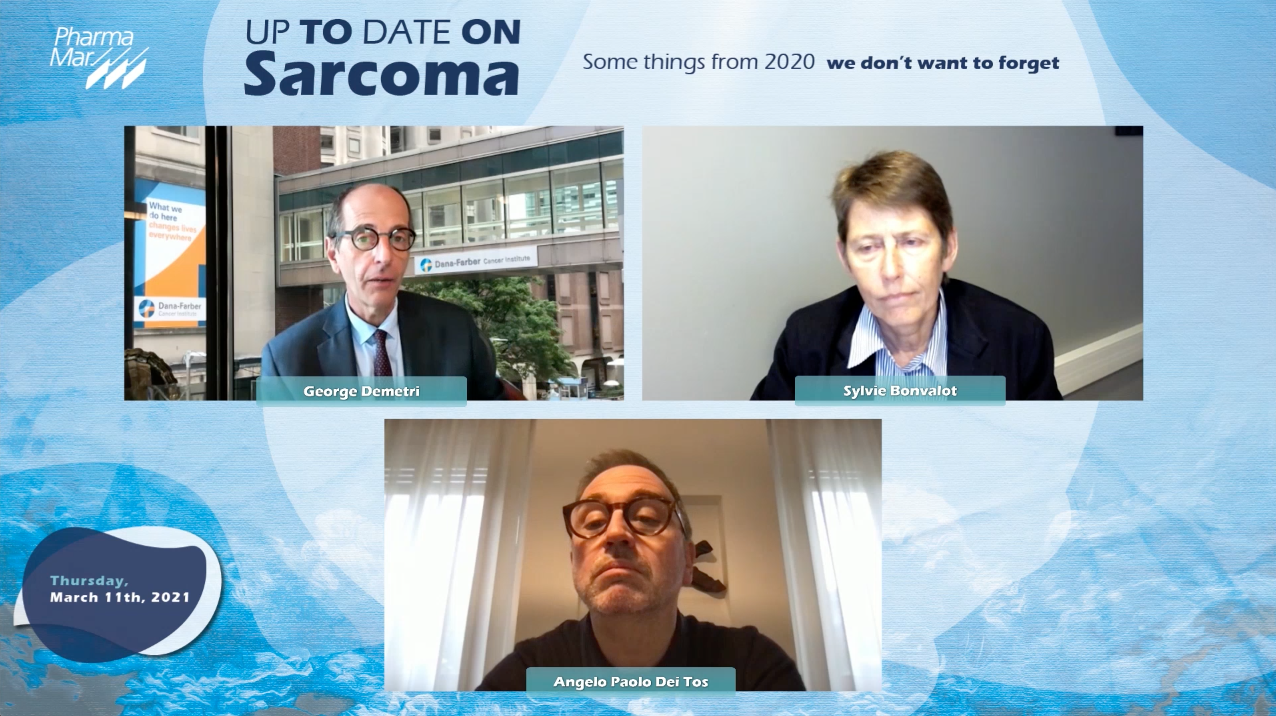New Therapy for Rare Gastrointestinal Stromal Tumours Approved in Singapore
- Singapore’s Health Sciences Authority (HSA) has approved QINLOCK® (ripretinib) for the treatment of patients with 4th line GIST
- QINLOCK significantly reduced the risk of disease progression or death by 85% and showed clinically meaningful overall survival in the INVICTUS Phase 3 Study1,2
Singapore, 8 May 2023: Independent biopharmaceutical company Specialised Therapeutics Asia (ST) is pleased to announce that a new therapy to treat rare gastrointestinal stromal tumours (GIST) shown to improve survival has been approved for use in Singapore.
The therapy, QINLOCK (ripretinib) is now approved by the Health Sciences Authority (HSA) “for the treatment of adult patients with advanced gastrointestinal stromal tumours (GIST) who have received prior treatment with 3 or more kinase inhibitors, including imatinib, sunitinib, and regorafenib”.
Singapore-based senior consultant in medical oncology Dr Richard Quek said QINLOCK represented a major treatment advancement for patients with advanced GIST.
“Since 2013, despite multiple attempts and studies, no therapy was shown to be effective for 4th line GIST patients whose cancers have progressed on existing treatment, until the discovery of QINLOCK,” Dr Quek said.
In the pivotal INVICTUS study that led to QINLOCK’s approval, QINLOCK was shown to significantly delay cancer progression.
“This approval in Singapore clearly provides an opportunity for us to improve the outcomes of our GIST patients who are refractory to the current existing treatment.”
QINLOCK is an oral medication used to treat GIST in people who have received at least three prior treatments. It belongs to a drug class called tyrosine kinase inhibitors and works by blocking specific tumour proliferation pathways.2
A pivotal Phase 3 clinical trial of QINLOCK – the INVICTUS study – demonstrated that QINLOCK was able to significantly reduce the risk of disease progression by 85% (hazard ratio of 0.15, p<0.0001) with a median progression-free survival of 6.3 months in patients administered QINLOCK, compared to 1.0 month in the placebo arm.1 QINLOCK was associated with clinically meaningful overall survival of 15.1 months vs 6.6 months and reduced the risk of death by 64% (hazard ratio of 0.36). The objective response rate by Blinded Independent Central Review using modified Response Evaluation Criteria in Solid Tumors (RECIST) was 9.4% with QINLOCK vs 0.0% with placebo (p=0.0504).1,3
In addition, in a long-term follow up analysis of the INVICTUS trial, patients in the QINLOCK arm demonstrated a median overall survival of 18.2 months compared to 6.3 months in the placebo arm and reduced the risk of death by 59% (hazard ratio of 0.41).The objective response rate was 11.8% with QINLOCK vs 0.0% with placebo.3
ST Chief Executive Officer Carlo Montagner said the Singapore approval followed the recent approval of QINLOCK in New Zealand, as well as regulatory and reimbursement approval in Australia.
“Achieving these critical regulatory milestones is testament to the dedication of our regulatory teams to make QINLOCK available to all eligible patients in Singapore who are impacted by this rare gastrointestinal cancer.”
ST commercialises QINLOCK in Singapore under an exclusive distribution agreement from US based Deciphera Pharmaceuticals.
Further Inquiries can be directed to ST Senior Manager Communications and Corporate Affairs Emma Power on + 65 31589910 epower@stbiopharma.com
About GIST
Gastrointestinal stromal tumour (GIST) is a cancer affecting the digestive tract or nearby structures within the abdomen, most often presenting in the stomach or small intestine. GIST growth usually begins in the connective tissue in the wall of the affected organ and grows outwards. The common location of GIST is in the stomach (50 to 60%) and small intestines (30 to 40%) but can occur in any site in the digestive system. Other possible GIST sites are the oesophagus, rectum, and colon. GIST cases are rare and estimated to cause between 0.1% and 3% of GI cancer. The risk of GIST diagnosis increases with age, with GIST incidence peaking among people in their fifties and sixties.4
About QINLOCK (ripretinib)
QINLOCK is a switch-control tyrosine kinase inhibitor that was engineered to broadly inhibit KIT and PDGFRA mutated kinases by using a dual mechanism of action that regulates the kinase switch pocket and activation loop. QINLOCK inhibits primary and secondary KIT mutations in exons 9, 11, 13, 14, 17, and 18 involved in GIST, as well as the primary exon 17 D816V mutation. QINLOCK also inhibits primary PDGFRA mutations in exons 12, 14, and 18, including the exon 18 D842V mutation, involved in a subset of GIST.5,6
About Specialised Therapeutics
Headquartered in Singapore, Specialised Therapeutics (ST) is an international biopharmaceutical company established to commercialise new therapies and technologies to patients in Australia, New Zealand and across South-East Asia. ST and its regional affiliates collaborate with leading global pharmaceutical and diagnostic companies to bring novel, innovative and life-changing healthcare solutions to patients affected by a range of diseases. Our mission is to provide therapies that would otherwise not be available to communities in our regions. The company’s broad therapeutic portfolio currently includes novel agents in oncology, haematology, neurology, ophthalmology and supportive care. Additional information can be found at www.stbiopharma.com
About the INVICTUS Phase 3 Study
INVICTUS is a Phase 3 randomised, double-blind, placebo-controlled, international, multicenter clinical study evaluating the safety, tolerability, and efficacy of QINLOCK compared to placebo in patients with advanced GIST whose previous therapies have included at least imatinib, sunitinib, and regorafenib. Patients were randomized 2:1 to either 150 mg of QINLOCK once daily (n=85) or placebo (n=44). The primary efficacy endpoint was progression-free survival (PFS) as determined by independent radiologic review using modified Response Evaluation Criteria in Solid Tumors (RECIST). The median PFS in the study was 6.3 months in the QINLOCK arm compared to 1.0 month in the placebo arm and significantly reduced the risk of disease progression or death by 85% (hazard ratio of 0.15, p<0.0001) compared to placebo.1 Secondary endpoints included Objective Response Rate (ORR) as determined by independent radiologic review using modified RECIST and Overall Survival (OS). QINLOCK demonstrated an ORR of 9.4% compared with 0% for placebo (p=0.0504), which was not statistically significant.1 QINLOCK demonstrated a median OS of 15.1 months compared to 6.6 months in the placebo arm and reduced the risk of death by 64% (hazard ratio of 0.36).1 In a long-term follow up of 19 months after the primary analysis, QINLOCK also demonstrated a median OS of 18.2 months compared to 6.3 months in the placebo arm and reduced the risk of death by 59% (hazard ratio of 0.41).3 The most common (>2%) grade 3 or 4 treatment related adverse events in the QINLOCK group included lipase increase (5%), hypertension (4%), fatigue (2%), and hypophosphataemia (2%); and in the placebo group, anaemia (7%), fatigue (2%), diarrhoea (2%), decreased appetite (2%), dehydration (2%), hyperkalaemia (2%), acute kidney injury (2%), and pulmonary oedema (2%).1,4
References
- Blay JY, Serrano C, Heinrich MC et al. Ripretinib in patients with advanced gastrointestinal stromal tumours (INVICTUS): A double-blind, randomised, placebo-controlled, phase 3 trial. Lancet Oncol 2020; 21:923–934.
- QINLOCK (ripretinib) HSA Approved Product Information, April 2023
- von Mehren M, Heinrich M, George S, et al. Ripretinib as ≥4th‑line treatment in patients with advanced gastrointestinal stromal tumour (GIST): Long-term update from the phase 3 INVICTUS study. Poster presented at: 2021 European Society for Medical Oncology Virtual Meeting; September 16‑21, 2021.
- GI Cancer Institute Australia https://gicancer.org.au/cancer/gastro-intestinal-stromal-tumour-gist/#cancer-explanation
- Smith BD, Kaufman MD, Lu WP et al. Ripretinib (DCC-2618) is a switch control kinase inhibitor of a broad spectrum of oncogenic and drug-resistant KIT and PDGFRA variants. Cancer Cell 2019; 35(5):738–751.
- Bauer S, Heinrich MC, George S et al. Clinical Activity of Ripretinib in Patients with Advanced Gastrointestinal Stromal Tumor Harboring Heterogeneous KIT/PDGFRA Mutations in the Phase III INVICTUS Study. Clin Cancer Res. 2021;27(23): 6333-6342.





